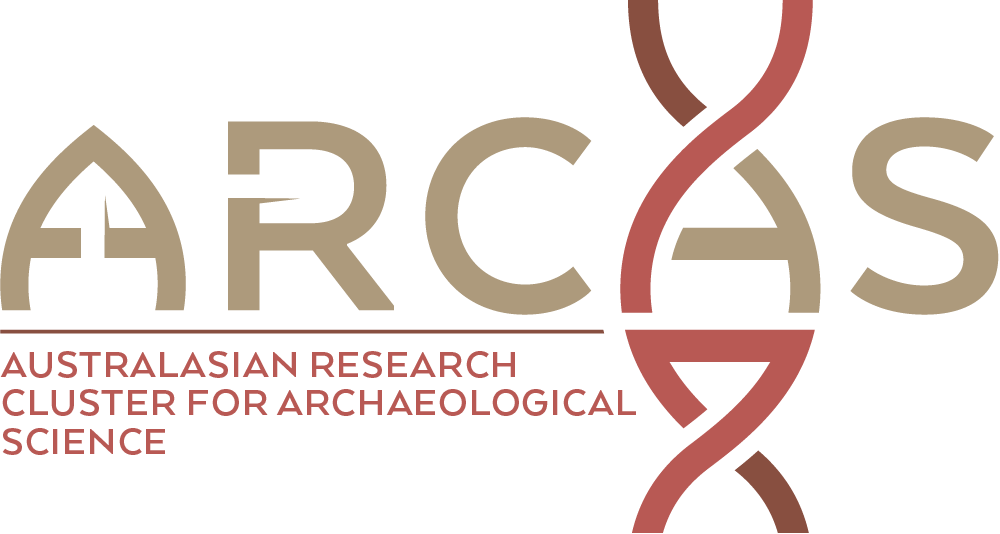Publication date: May 2017Source:Journal of Archaeological Science, Volume 81
Author(s): William Timothy Treal Taylor, Burentogtokh Jargalan, K. Bryce Lowry, Julia Clark, Tumurbaatar Tuvshinjargal, Jamsranjav Bayarsaikhan
Archaeological horse remains from Mongolia’s late Bronze Age Deer Stone-Khirigsuur (DSK) culture present some of the oldest direct radiocarbon dates for horses in northeast Asia, hinting at an important link between late Bronze Age social developments and the adoption or innovation of horse transport in the region. However, wide error ranges and imprecision associated with calibrated radiocarbon dates obscure the chronology of early domestic horse use in Mongolia and make it difficult to evaluate the role of processes like environmental change, economic interactions, or technological development in the formation of mobile pastoral societies. Using a large sample of new and published radiocarbon dates, this study presents a Bayesian chronological model for the initiation of domestic horse sacrifice at DSK culture sites in Mongolia. Results reveal the rapid spread of horse ritual over a large portion of the Eastern Steppe circa 1200 BCE, concurrent with the first appearance of draught horses in China during the late Shang dynasty. These results suggest that key late Bronze Age cultural transformations – specifically the adoption of mobile pastoralism and early horseback riding – took place during a period of climate amelioration, and may be linked to the expansion of horses into other areas of East Asia.
